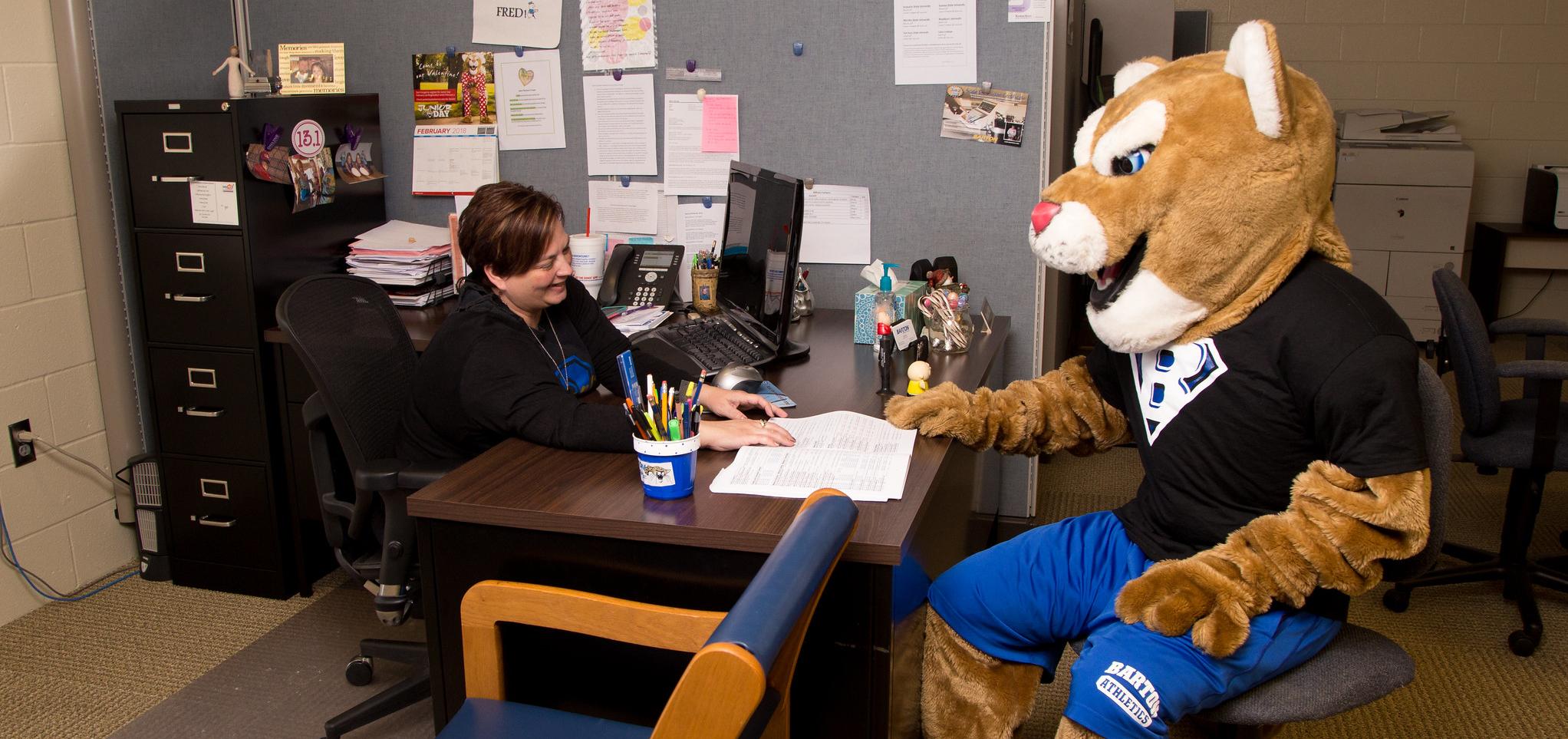
Goals of the Advising Relationship
- Develop an open and collaborative educational partnership.
- Facilitate the advisee’s development of educational, career, and life goals.
- Assist students with the often-difficult transition to college by connecting them with relevant campus groups and resources.
Advisor Responsibilities
Your academic advisor was selected for you from your major area of interest as indicated on your admissions application. Your assigned academic advisor will provide a friendly, open environment that will aim to foster self-exploration, self-awareness and self-evaluation thus enhancing a sense of personal identity, and they are accessible to all advisees and exhibit an open-door policy. Additionally, advisors assist students in exploring the possible short and long-range consequences of their choices and to facilitate student's recognition and acceptance of personal responsibility for what happens to their lives. Advisors, with the assistance from their advisee, must focus not just on a semester-by-semester plan but a tentative college career plan that may encompass several years as well as what may or may not happen beyond college and training.
Student Responsibilities
- Share information with advisors regarding interests, goals, educational, and career plans.
- Share personal information that has a bearing on academic careers. The numbers of hours spent at work, responsibilities to family, financial aid status, and any limitations are all necessary information for advisors.
- Be familiar with the College Catalog and the Student Handbook. These are vital sources of information.
- Make a note of advisor's advising hours and phone number. When students cannot meet during the designated hours, they are expected to schedule appointments and to call if they are unable to keep appointments.
- Keep a record of graduation requirements. Students should keep copies of ALL correspondence from the college, and from meetings with their advisors. It is ultimately the students' responsibility to fulfill the requirements for graduation.
- Be familiar with college deadlines, which can be found in the Student Handbook.
- Be willing to contact the appropriate student support services available on campus. The Student Handbook is an excellent resource.
- Be prepared for meetings with advisors, particularly when registering for next semester. Students should review what courses are still necessary for their programs and have an idea of what courses they would like to take as electives.
- Alert their advisors immediately if they begin to have difficulties that are affecting their class work or continued enrollment.
- Be an active participant in the advising sessions.
- If students have questions about the advising process or are unclear about the advising services available at Barton Community College, they should contact the Advisement Hotline (800) 748-7594 ext. 225.